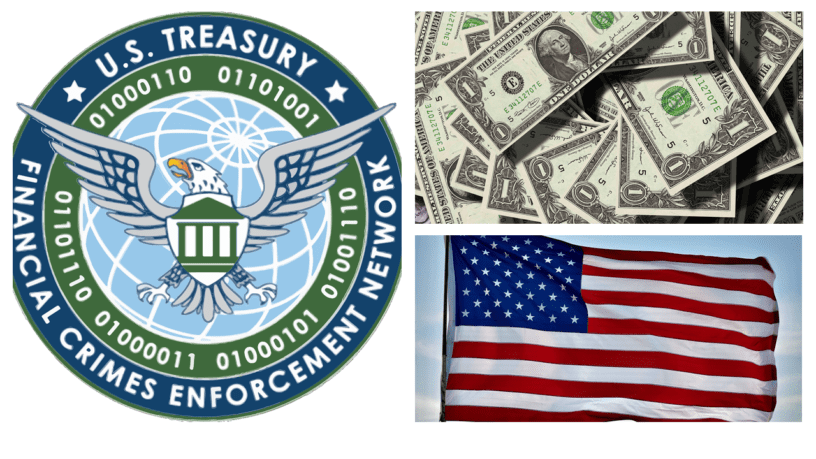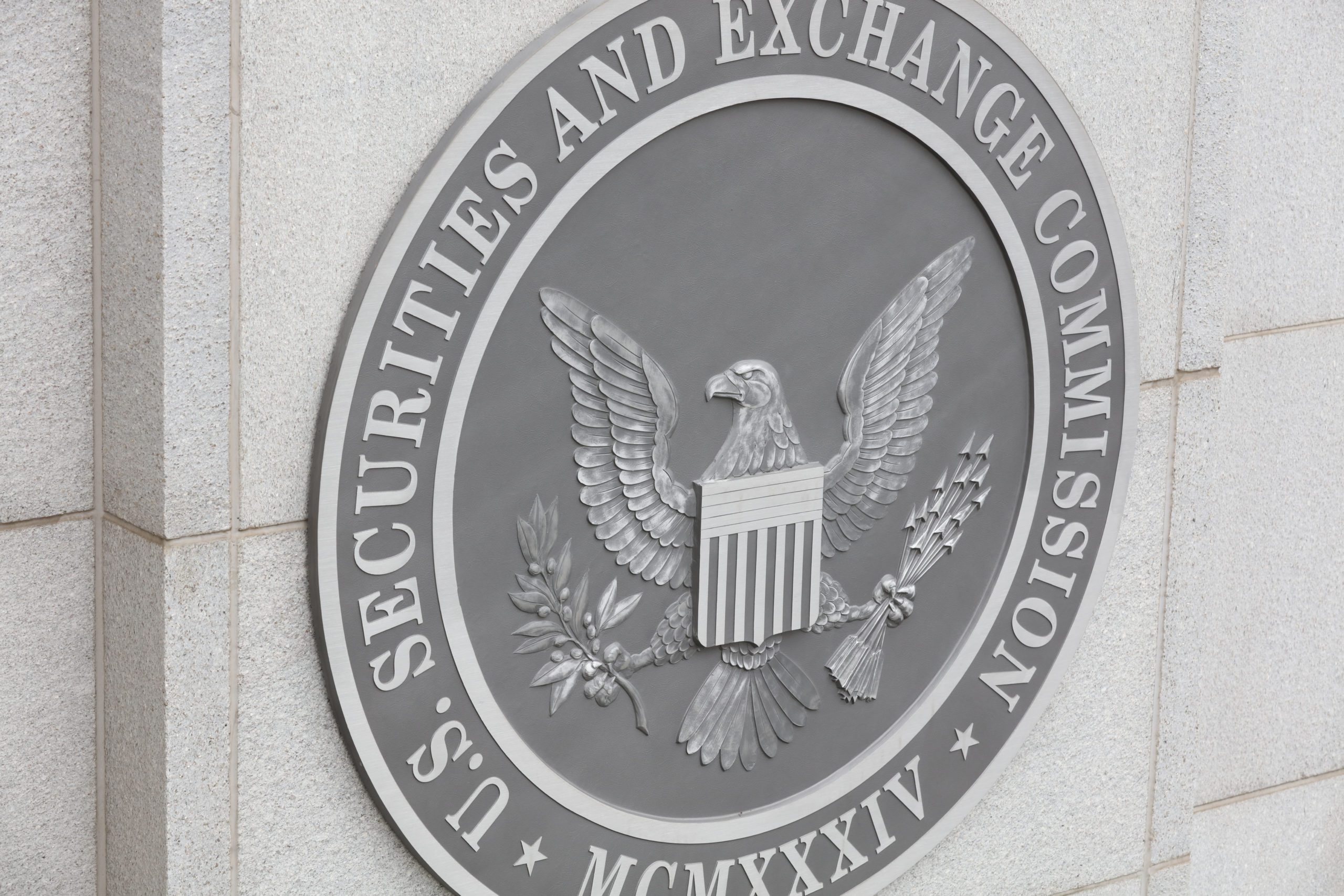US BANKS and lenders have been urged by FinCEN to focus their efforts on detecting the proceeds of Russian kleptocracy and corruption.
The agency has also provided typologies and potential indicators of kleptocracy and other forms of foreign public corruption – namely bribery, embezzlement, extortion, and the misappropriation of public assets.
The advisory highlights financial red flag indicators to assist financial institutions in preventing, detecting, and reporting suspicious transactions associated with kleptocracy and foreign public corruption.
For purposes of suspicious activity reporting, financial institutions should consider the relevant facts and circumstances of each transaction, in keeping with their risk-based approach to compliance.
“Kleptocrats and other corrupt public officials steal the public’s wealth for personal gain and use their positions of power and access to state-owned resources for their personal benefit,” the Financial Crimes Enforcement Network (FinCEN) said Thursday.
“Like other criminal actors, corrupt public officials launder the proceeds of their corruption through a variety of means, including funneling money through shell companies or by purchasing various high-end assets, such as real estate, yachts, private jets and high value art,” the agency said in a statement.
“Russia’s further invasion of Ukraine is a yet another example of how a kleptocracy like Russia—a country whose government has been characterized for years by corruption, money laundering, malign influence, sanctions evasions and armed interventions abroad—harms not only its own citizens, but those living beyond its borders,” said FinCEN Acting Director Himamauli Das.
FinCEN has identified the following financial red flag indicators:
- Transactions involving long-term government contracts consistently awarded, through an opaque selection process, to the same legal entity or entities that share similar beneficial ownership structures
- Transactions involving services provided to state-owned companies or public institutions by companies registered in high-risk jurisdictions
- Transactions involving official embassy or foreign government business conducted through personal accounts
- Transactions involving public officials related to high-value assets, such as real estate or other luxury goods, that are not commensurate with the reported source of wealth for the public official or that fall outside that individual’s normal pattern of activity or lifestyle
- Transactions involving public officials and funds moving to and from countries with which the public officials do not appear to have ties
- Use of third parties to shield the identity of foreign public officials seeking to hide the origin or ownership of funds, for example, to hide the purchase or sale of real estate
- Documents corroborating transactions involving government contracts (e.g., invoices) that include charges at substantially higher prices than market rates or that include overly simple documentation or lack traditional details (e.g., valuations for good and services).
- Transactions involving payments that do not match the total amounts set out in the underlying documentation, or that involve vague payment details or the use of old or fraudulent documentation to justify transfer of funds.
- Transactions involving fictitious email addresses and false invoices to justify payments, particularly for international transactions.
- Assets held in the name of intermediate legal entities whose beneficial owner or owners are tied to a kleptocrat or his or her family member.
“Financial institutions play a crucial role in identifying corrupt activity and associated money laundering on the part of foreign public officials and should remain vigilant and promptly report suspicious financial activity.”
Additionally, the U.S. Department of the Treasury last month launched the Kleptocracy Asset Recovery Rewards Program, which offers rewards payments for information leading to seizure, restraint, or forfeiture of assets linked to foreign government corruption, including the Government of the Russian Federation.
More information on eligibility for rewards payments and on submission of relevant information to the U.S. government can be found here. Those individuals with information are encouraged to contact Kleptocracy_Rewards@Treasury.gov or call +1 202-622-2050.











